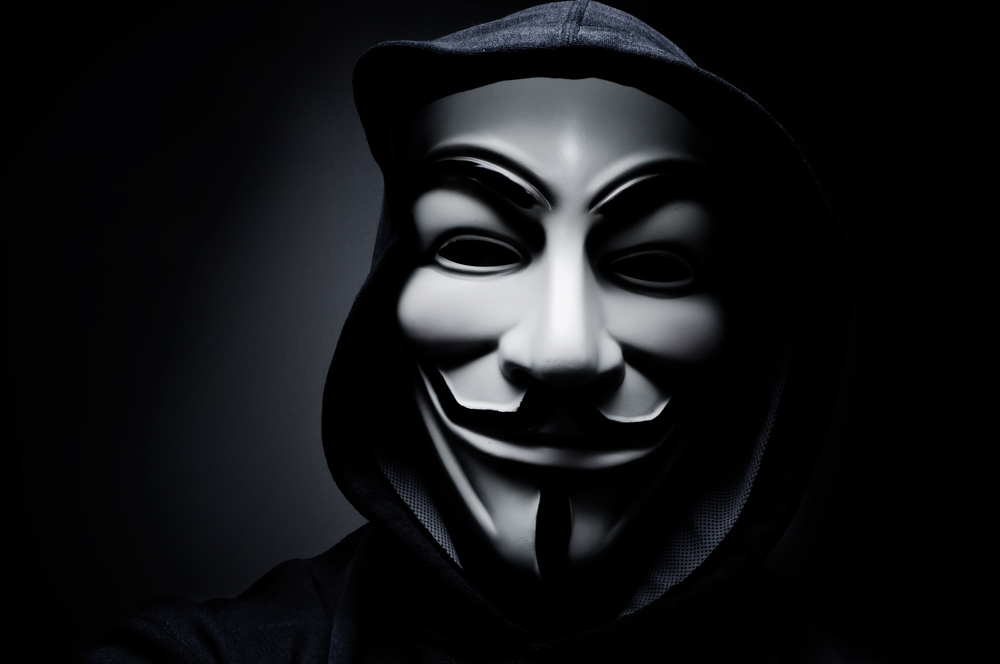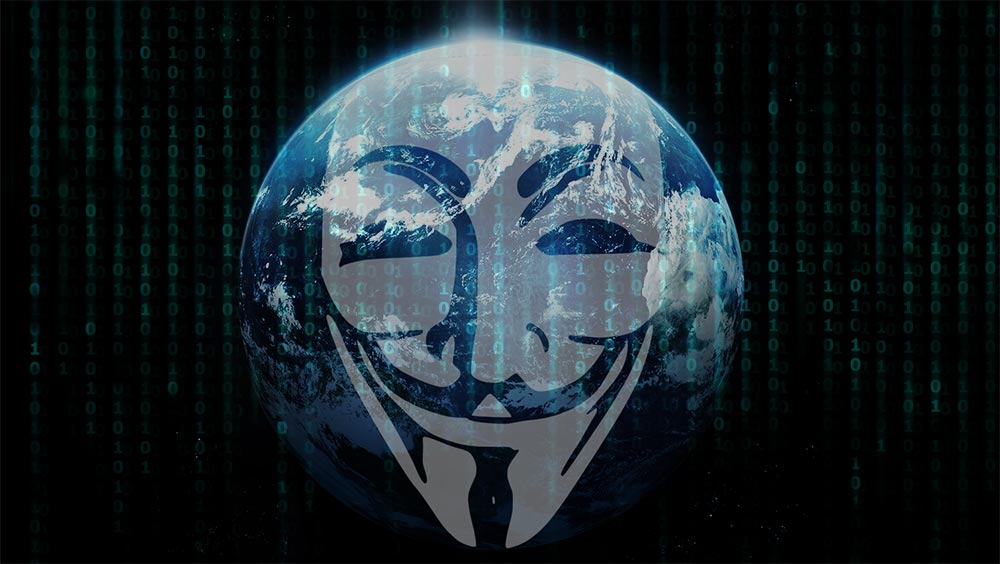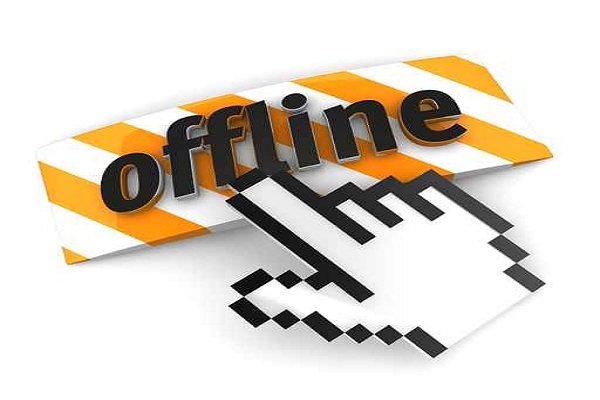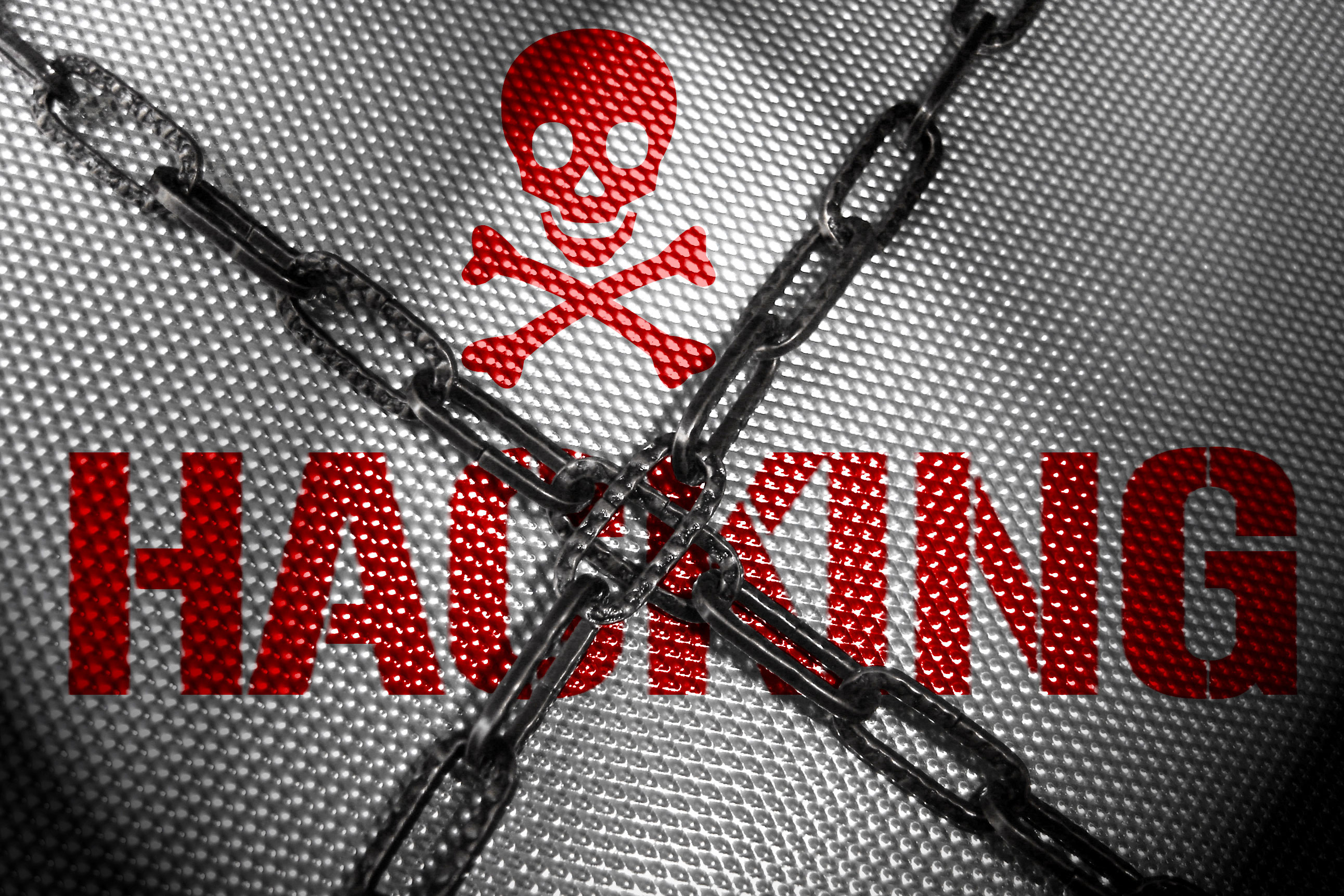Sony blames Anonymous distraction for breaches
Sony says it was distracted by an Anonymous DDoS when hackers stole details on over 100 million customers.


Hacktivist group Anonymous has been partially blamed by Sony for the data breaches which hit over 100 million customers last month.
In a letter to Congress, Sony said it had to cope with a significant distributed denial of service (DDoS) attack when hackers took personal data possibly including credit card details of Playstation Network (PSN) gamers.
Sony claimed it was targeted by Anonymous due to action the electronics firm took against a hacker in a San Francisco federal court.
"Whether those who participated in the denial of service attacks were conspirators or whether they were simply duped into providing cover for a very clever thief, we may never know," the letter written by Kazuo Hirai, chairman of Sony's board of directors, read.
"Those who participated in the denial of service attacks should understand that whether they knew it or not they were aiding in a well planned, well executed, large-scale theft that left not only Sony a victim, but also Sony's many customers around the world."
The company said it had found a file on one of its servers containing a line of Anonymous' signature, "We are Legion."
A message addressed to Sony on AnonNews.org purporting to be from Anonymous indicated it had indeed targeted the Playstation creator for chasing down hackers.
Get the ITPro daily newsletter
Sign up today and you will receive a free copy of our Future Focus 2025 report - the leading guidance on AI, cybersecurity and other IT challenges as per 700+ senior executives
"Your recent legal actions against fellow internet citizens, GeoHot and Graf_Chokolo, have been deemed an unforgivable offense against free speech and internet freedom," the message read.
"Anonymous is attacking your private property because we disagree with your actions."
Getting defensive
In his letter to the House Commerce Committee, Hirai also sought to defend Sony's response to the hacks following criticism of how quickly it told customers about the breach.
Sony discovered unauthorised access to PSN data on 20 April. It didn't notify users until almost a week later on 26 April.
Hirai said the complexity of the breach had led to the delay in telling customers, as it sought to understand the scope of the hack and what data had been accessed.
"Throughout the process, Sony Network Entertainment America was very concerned that announcing partial or tentative information to consumers could cause confusion and lead them to take unnecessary actions if the information was not fully corroborated by forensic evidence," Hirai said.
He said Sony believed it now understood how the hack happened, but did not go into detail due to the ongoing criminal investigation and the need to protect systems with "similar architecture to the Playstation Network."
Tom Brewster is currently an associate editor at Forbes and an award-winning journalist who covers cyber security, surveillance, and privacy. Starting his career at ITPro as a staff writer and working up to a senior staff writer role, Tom has been covering the tech industry for more than ten years and is considered one of the leading journalists in his specialism.
He is a proud alum of the University of Sheffield where he secured an undergraduate degree in English Literature before undertaking a certification from General Assembly in web development.
-
 Westcon-Comstor and Vectra AI launch brace of new channel initiatives
Westcon-Comstor and Vectra AI launch brace of new channel initiativesNews Westcon-Comstor and Vectra AI have announced the launch of two new channel growth initiatives focused on the managed security service provider (MSSP) space and AWS Marketplace.
By Daniel Todd Published
-
 Third time lucky? Microsoft finally begins roll-out of controversial Recall feature
Third time lucky? Microsoft finally begins roll-out of controversial Recall featureNews The Windows Recall feature has been plagued by setbacks and backlash from security professionals
By Emma Woollacott Published
-
 Anonymous hijacks Russian broadcasts with footage of Ukraine war
Anonymous hijacks Russian broadcasts with footage of Ukraine warNews The hacking group said it managed to manipulate the broadcasts of three major Russian state-backed media organisations
By Connor Jones Published
-
 Anonymous hackers flood ISIS Twitter accounts with gay porn after Orlando shooting
Anonymous hackers flood ISIS Twitter accounts with gay porn after Orlando shootingNews Hacktivists hijack pro-ISIS Twitter accounts in retaliation for Orlando massacre
By Adam Shepherd Published
-
 Anonymous takes down Nissan in dolphin culling protest
Anonymous takes down Nissan in dolphin culling protestNews The hacker group launched a DDoS attack on the company's global and Japanese websites
By Clare Hopping Published
-
 Anonymous vs ISIS: Hackers claim ISIS twitter accounts linked to DWP IP addresses
Anonymous vs ISIS: Hackers claim ISIS twitter accounts linked to DWP IP addressesNews Hacking group find link between unused UK government IP address and ISIS twitter accounts
By Adam Shepherd Published
-
 Anonymous hacks ISIS-affiliated Facebook & Twitter accounts
Anonymous hacks ISIS-affiliated Facebook & Twitter accountsNews Hacking collective declares open season on social media accounts linked to Islamic extremists
By Caroline Donnelly Published
-
 Anonymous attacks Islamic extremist website over Charlie Hebdo attack
Anonymous attacks Islamic extremist website over Charlie Hebdo attackNews The hackers took down website ansar-alhaqq.net as part of #OpCharlieHebdo
By Clare Hopping Published
-
 Majority of hidden Tor site requests lead to child abuse images
Majority of hidden Tor site requests lead to child abuse imagesNews A study has uncovered 75 per cent of hidden site traffic points to images of child sexual abuse
By Clare Hopping Published
-
 Anonymous targets Ku Klux Klan Twitter account
Anonymous targets Ku Klux Klan Twitter accountNews Hacking collective brand white supremacists "terrorists"
By Rene Millman Published